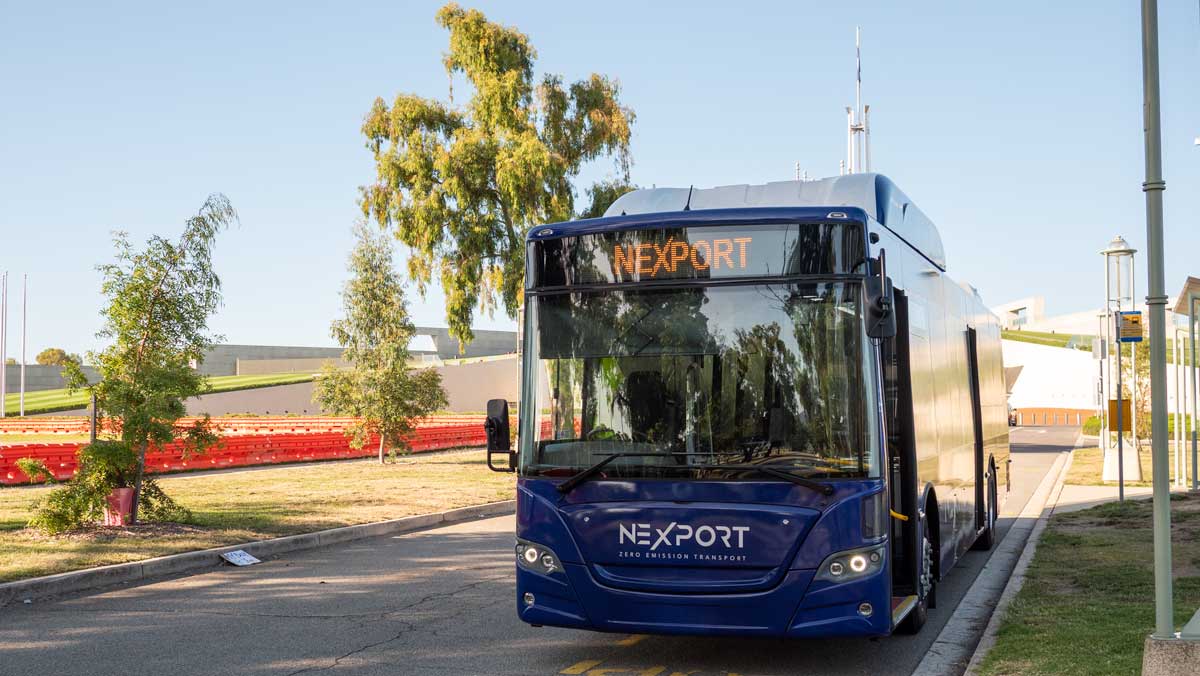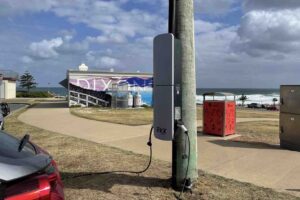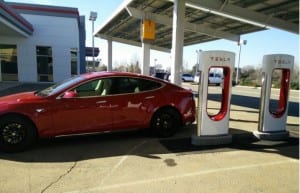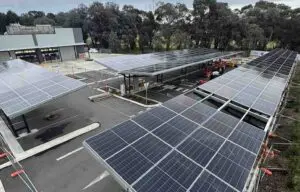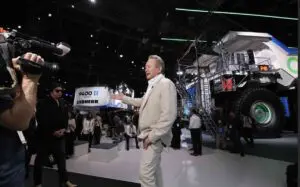Establishing a thriving local electric vehicle manufacturing industries could be the answer to solving Australia’s energy security challenges, with two federal independent MPs backing a call for a locally made, renewably powered, transport system.
On Monday, Queensland independent MP, Bob Katter, moved a motion that called on governments to support initiatives to improve Australia’s fuel security, including the increased use of renewable energy sources and the local production of zero emissions vehicles.
The motion called for Australian manufacturers to transition to 100 per cent renewable energy sources and for the creation of a local electric bus manufacturing industry, supported by targets for “100 per cent of all local, state and federal, government vehicles and buses, in metropolitan areas being Australian made by 2035.”
Australia has been a slow adopter of electric vehicles compared to international peers, suffering from a lack of federal government support for reducing barriers to electric vehicle adoption and a collapse of local car manufacturing that has seen Australia emerge as a “dumping ground” for higher emissions vehicles.
Australia has also long failed to meet key energy security benchmarks, particularly concerning liquid fuels, with local stocks well below the IEA’s recommended 90-day worth of reserves.
Noting the federal government’s failures to bridge the fuel reserve gap, the motion moved by Katter called for increased support for local renewable fuel production and vehicle manufacturing to reduce dependence on imported fuels.
Co-sponsoring the motion, Tasmanian independent MP Andrew Wilkie said that the development of Australian electric vehicle manufacturing industry also needed to be a key component of any plan for reaching zero net emissions.
“Let there be no misunderstanding, this country must achieve net zero carbon emissions as soon as possible and by that, I mean 2035, not 2050,” Wilkie said.
“It also means that this country must not invest in any new oil, gas or coal projects. But it does mean we need to fast track our renewable energy industries, including fast tracking the development of an indigenous electric vehicle industry.”
Katter – an eccentric parliamentarian from North Queensland – has taken often conflicting stances on renewable energy and the phase out of fossil fuels.
While Katter co-sponsored Monday’s motion regarding energy security, which called for a massive ramping up of the use of electric vehicles and renewable energy in Australian manufacturing, it comes less than two weeks after Katter criticised beer-maker VB for switching to 100 per cent solar power.
This week, Katter is apparently a backer of some forms of renewables, at least when it comes to renewable fuels.
“Algae is a really big special here, the really big special. Israel is mapping out the way forward. As far as of course, renewables no less a person than Al Gore, in An Inconvenient Truth says the first answer to world’s CO2 problems is ethanol,” Katter said.
“I’m not going to go into why the present methods we are using to cut down CO2 are a totally impractical and totally illogical, but this is no less a person than Al Gore,” Katter added.
On Tuesday, both Katter and Wilkie were joined by other parliamentarians for a ride of an all-electric bus that has been produced by Nexport.
Nexport has ambitions of establishing facilities in Australia for the local production of electric buses for public transport networks, and has already secured an order for 120 buses from the NSW government and is hoping to win a similar contract to supply buses to the ACT government.

